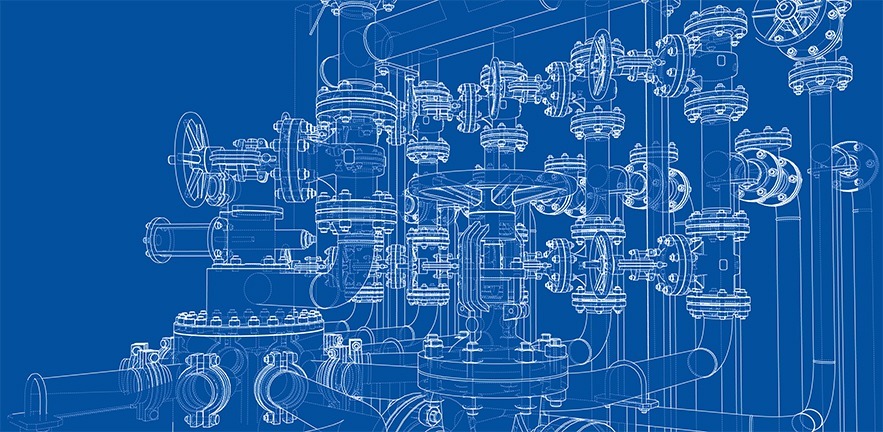Automotive engineer Gauthier Boisdequin turned to entrepreneurship after studying for his Executive MBA at Cambridge Judge: mine&make seeks new applications and new technologies for everyday mechanical products through cutting-edge data analytics.
J. Wizemann is a German company that makes a sanitary valve used in mobile toilets in buses and caravans, and like many firms it is eager to expand its market. So Wizemann turned to a Stuttgart-based startup called mine&make to better understand its competitive environment, in order to seek growth opportunities through new applications and new product concepts.
“mine&make helped us understand the future of our product very concretely. It has highlighted potential markets and discovered concrete product opportunities much quicker than I would have thought. It gives me the confidence to invest into the business,” says Constantin Wizemann, owner of the Stuttgart-based valve company.
mine&make is the brainchild of Gauthier Boisdequin, an Executive MBA graduate of Cambridge Judge Business School (EMBA 2016). An engineer by background, Gauthier worked for automaker Porsche in Stuttgart for 12 years, focusing on driving dynamics and comfort, but always wanted to launch his own company. So he undertook his Executive MBA in 2016 to gain knowledge on how to set up and scale a business.
Gauthier had previously earned an Engineering degree at the Catholic University of Louvain in Belgium, and a Master of Science degree at Aachen University in Germany.
“The Executive MBA learning, and the incredible breadth of backgrounds, skills and drive of my classmates in Cambridge, really helped me to crystallise the business idea for mine&make,” Brussels-born Gauthier says of his studies.
Among other classes, he says lectures by Dr Othman Cole, Senior Faculty in Management Practice (Finance) and Deputy Director of the Executive MBA programme, were especially useful because they helped him understand the financial side of a business. In addition, the supervisor of his individual EMBA project, entrepreneur and business angel Jack Lang, “helped me challenge my business idea and put it into a broader perspective.”
mine&make, which launched in Stuttgart in May 2019, leverages data science to understand the future of a mechanical component and discover untapped growth opportunities. By capturing the possible applications for an existing product, it defines new markets. And by identifying the best technologies and capturing the future product requirements – a major challenge for component suppliers – it aims to set the foundation for the development of successful products.
The firm starts by searching for available information online: what products are available at the moment, what is the market, who are the competitors, what the trade press or scientific papers may have written about the topic. This information is then analysed to deliver an innovation concept to clients, in terms of products and markets. The firm’s tagline is “Innovation in Mechanical Products”.
For example, another mine&make customer is IMS Connector Systems, a South-Germany-based firm that produces high-speed data connectors used in the automotive and mechanical industries. The company faces strong competition from rivals in Europe and China, so it sought new functionalities for its connectors beyond their core function. Gauthier developed innovative product concepts to generate new competitive advantages.
“Our innovation process has been established in the last five years. It is going to be supported and developed further by mine&make’s high-quality process,” said Peter Peetz, Managing Director of the connector firm.
There are currently two people in the mine&make team. Gauthier acts as Director, and Florian Dinkel, also an engineer, works with the projects. The venture is also working with a data scientist to develop the data-analytics tool and platform.
Gauthier says his main challenge for growth is staffing, because many engineers and other talented people in the Stuttgart area are reluctant to abandon secure jobs at companies like Bosch, Daimler or Porsche in order to take a chance on an entrepreneurial startup. And unlike Cambridge, there is not a big early-stage enterprise community in Stuttgart.
“The traditional mechanical industry faces huge challenges caused by technology and market changes,” says Gauthier. “The biggest corporations build very extensive innovation processes to meet these challenges. These processes are very expensive and quite generic. We leverage data science to meet these challenges, an approach that is both efficient and best suited to redesigning a specific product. We enable product-based growth. There are tremendous opportunities that just need to be discovered and realised.”


